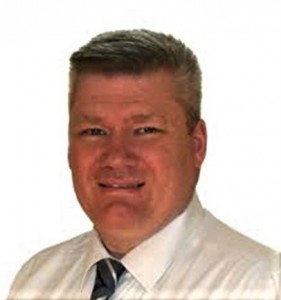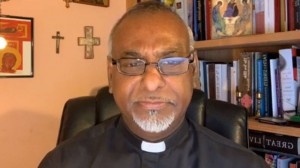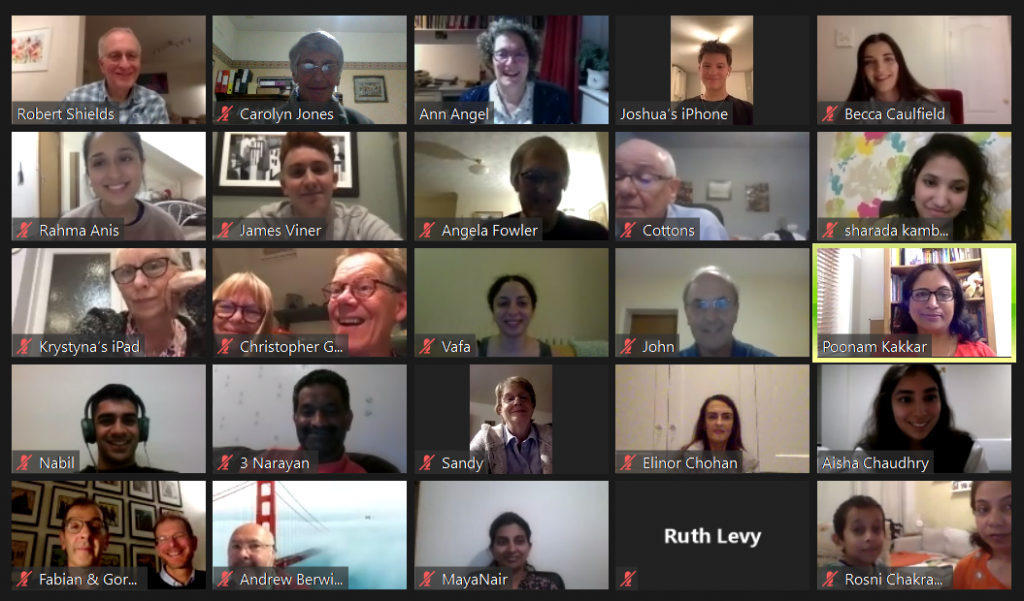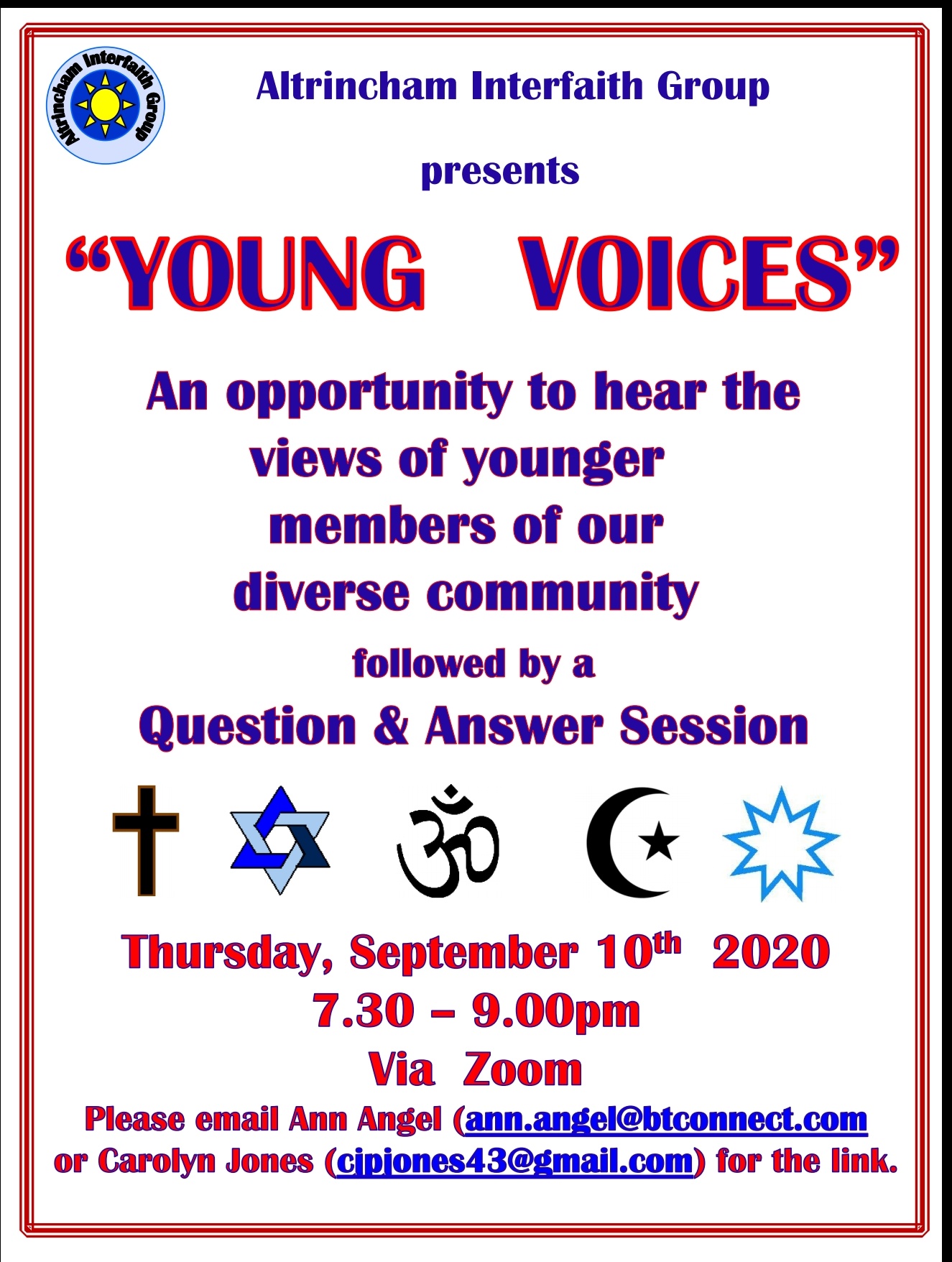The idea of a Friendship Circle is that people of different faiths come together who meet in one another homes, sometimes in a restaurant and in recent times meetings have taken place on Zoom. The purpose of these meetings would be to develop friendships between local people of different faiths, and to create a safe place to gain insights into one another traditions, and to discuss lifestyles and spiritual outlooks. With your participation, the Altrincham Interfaith Group will establish more of these Circles to allow more to access friendship and to have an opportunity to establish relationships with others different to themselves. A summary can be found below along with feedback from current participants.
Our Friendship Circles are running for approximately 13 years. There are 6 groups currently in the area and 8 -12 people in each group of different faiths. We meet from 6- 8 times/year and each group has a nominated coordinator. Each group has flexibility to decide frequency of meetings and topics for discussion.
Topics we have discussed in past were : Practices around births, deaths, marriages and significant religious milestone events, Festivals, Beliefs and practice, Engaging youth Parenting Poetry, Favourite book, Diet, Current affairs , international policy, Extremism, Hate crime etc
Impact : Cohesiveness and support in responding to local, national and international events, Genuine friendship Trust between communities, Sharing life experiences, Support in times of need , working on wider community cohesion
Comments from participants :
“It is only when we get to know each other as friends with bonds of trust can we tackle difficult questions”
“Ordinary community members getting to know each other on a deep and personal level”
“We have formed genuine and deep friendships and are there for one another”
“Through friendships between people of different faith group, members become less conscious of their labels and see each other as friends”
“It is very stimulating to learn about the religions and culture of others and to see them in the light of one’s own faith. To some extent the groups are spirit led and they facilitate close friendships between people of different faiths”
“The Friendship Circle has not only increased my knowledge and understanding of other religions and faiths, but it has taught me that I don’t need to be scared of being judged because of my own individual beliefs and background. Our intellectual discussions have helped me to realise that there is simply no religion that is better or worse, right or wrong. They all have the same values and are seeking the greater human good. The Friendship Circle has empowered me, I am less ignorant and more courageous.”
If you are interested in finding out more or in joining a Friendship Circle, please contact us.




